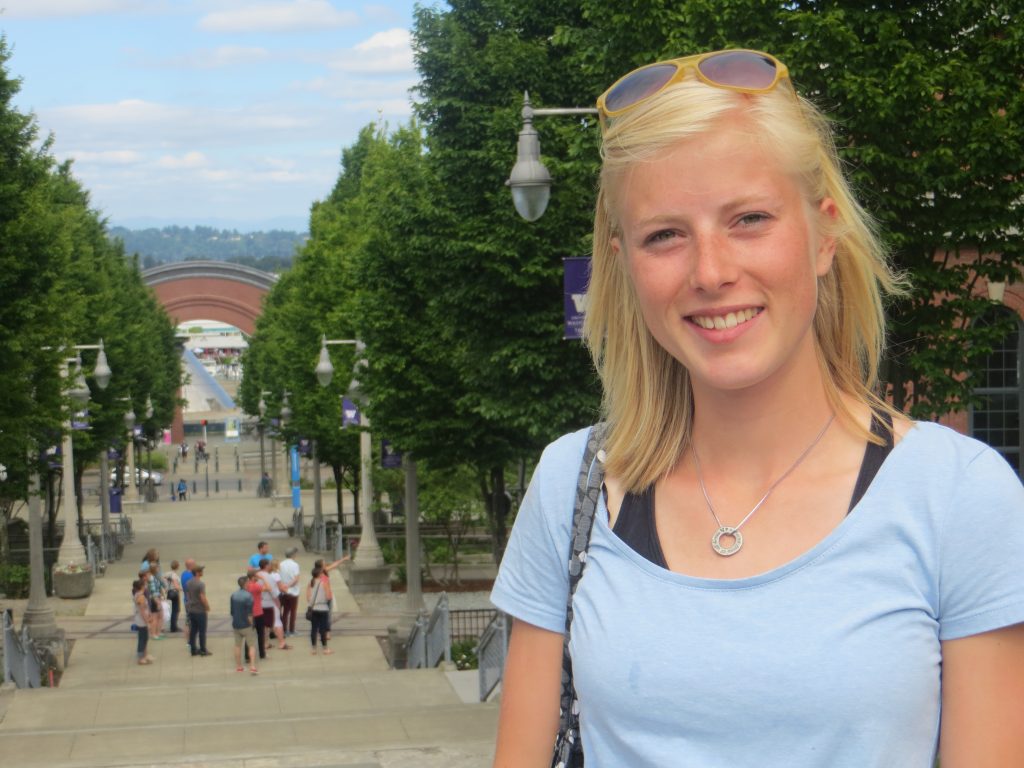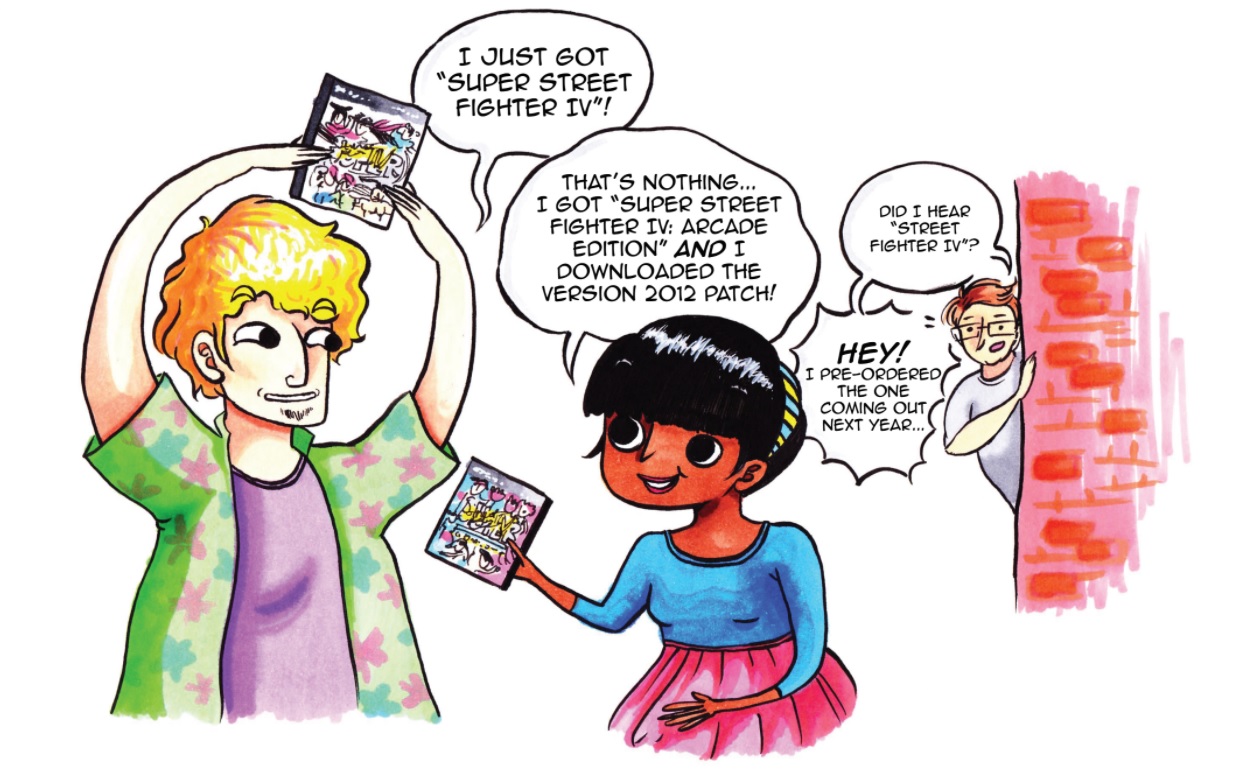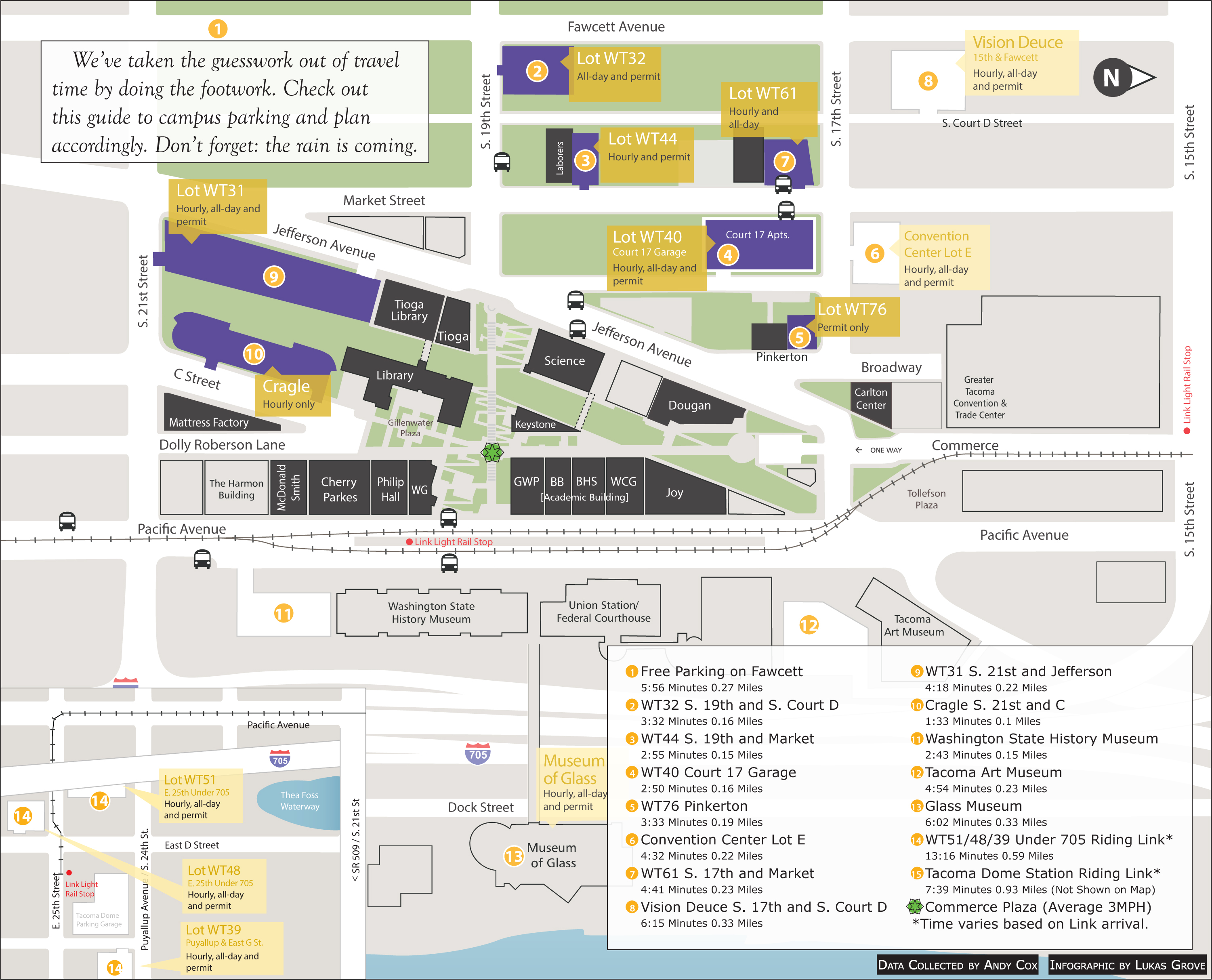A Reborn Ghost Town
By Katrine Vigilius
Katrine Vigilius is from Copenhagen, Denmark. A recent high school graduate and passionate writer, Katrine has spent the summer as a resident at the church Soma Tacoma. This summer was her first time in Tacoma.
The first thing I noticed about Tacoma was not the Link. It wasn’t the Museum of Glass, the homeless, the coffee shops, or the numerous parks. The first thing I noticed about Tacoma was the past. Every street corner casts shadows of the past. Writings on the walls tell stories of long forgotten men’s past greatness and of fortune seekers who built the foundation of the city with their dreams and hopeful visions. Train tracks running through the streets testify to the vibrant industry and bountiful spirit brought to the northwest on train tracks fuelled by the boldness and hard work of entrepreneurs and business people seeking the heights of success at the foot of Mt. Rainier. They express stories of Tacoma’s heyday, when it was an exuberant anthill of hard-working folks reaching for the stars through the crisp Pacific air.
That time is gone. But the visible remnants of the time give a ghost town feel to downtown Tacoma. The walls remind of the passed away people who founded the city, as if they still cling on to it, to prove their ownership. The whistle of the cargo trains echo the first Union Pacific Railroad train entering Tacoma in the 1860s. That Tacoma died away. Only the ghost remains.
But in the shadow of the post-historic anticlimax, Tacoma is experiencing a renaissance. On the bare field of a vanished past, new life is sprouting. The “death” of the original Tacoma means that the concept of predestination, dictated by a history or heritage, is eliminated. People no longer have much preconception of what Tacoma is or is not, and the flawed reputation of the city is steadily decreasing. Newcomers like me don’t see Tacoma through the glasses of a lingering darkened reputation. And newcomers are increasing. This grants the people of Tacoma a freedom to be or create what they want. It is a city without predestinations, only destiny.
By introducing new life to downtown Tacoma, the university campus seems to be the pacemaker, restarting the heart of the city in which destinies can thrive. It now beats – slowly, but steadily enough to supply Tacoma with life and air, through new people, young blood, businesses, ideas, initiatives, and atmospheres. It is providing fertile soil for community and city life. The ghost town remains, but it is breathing clear, crisp oceanic mountain air full of hope.



